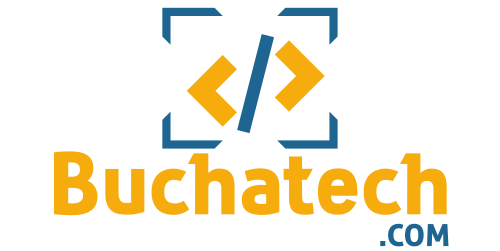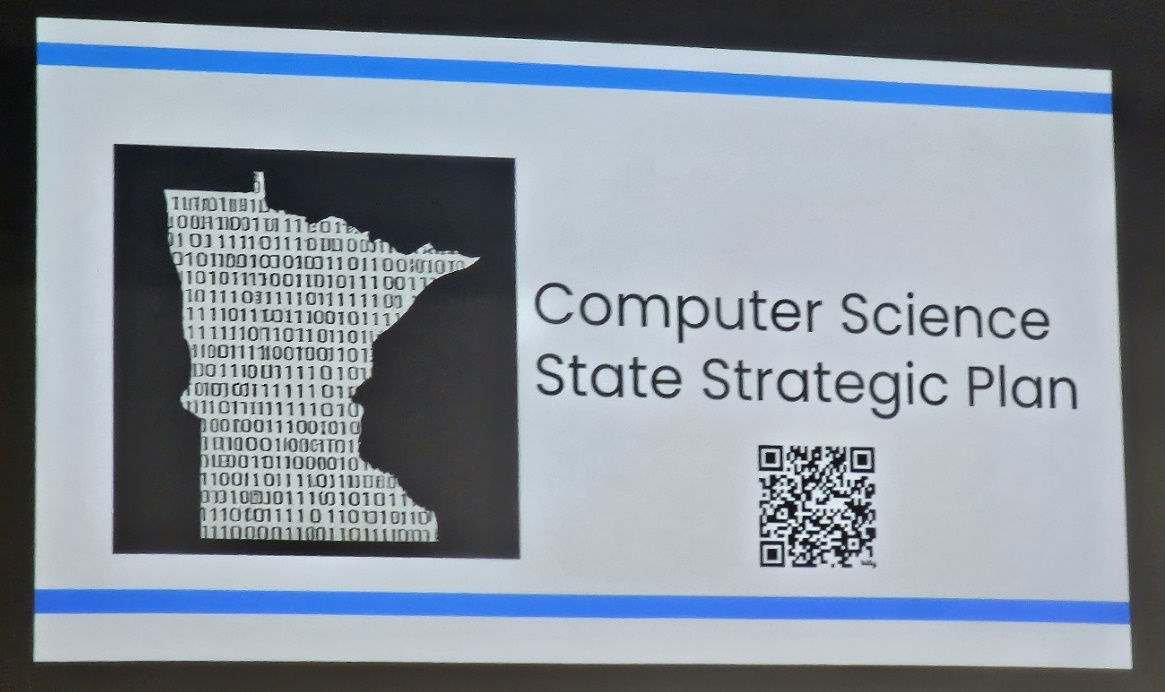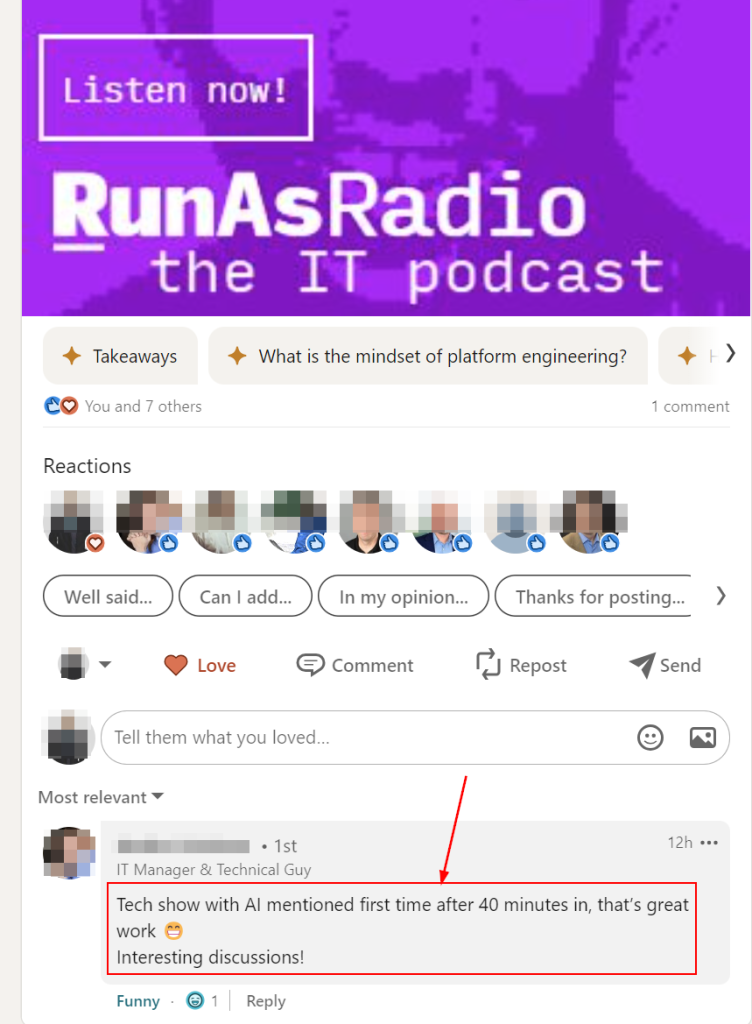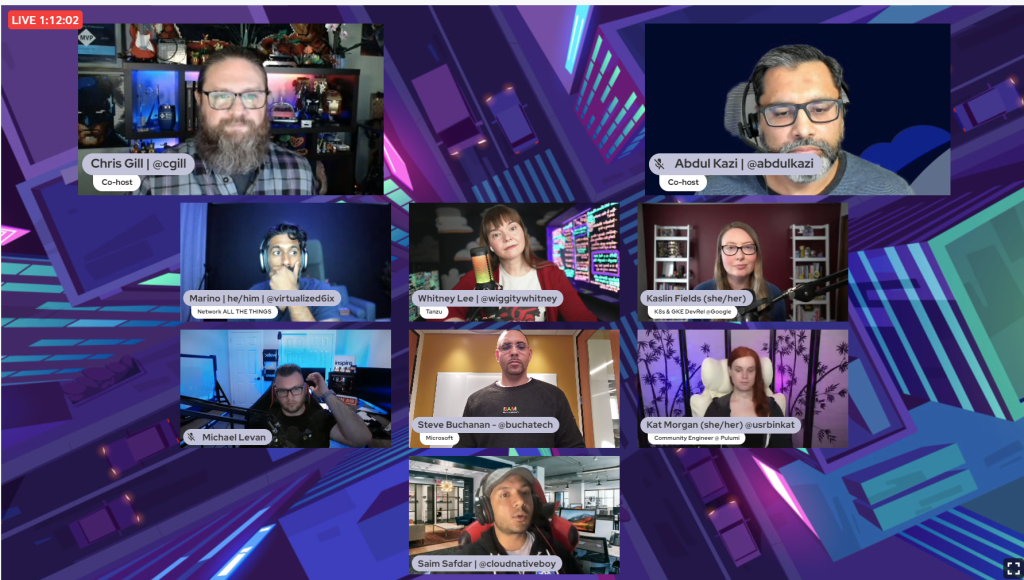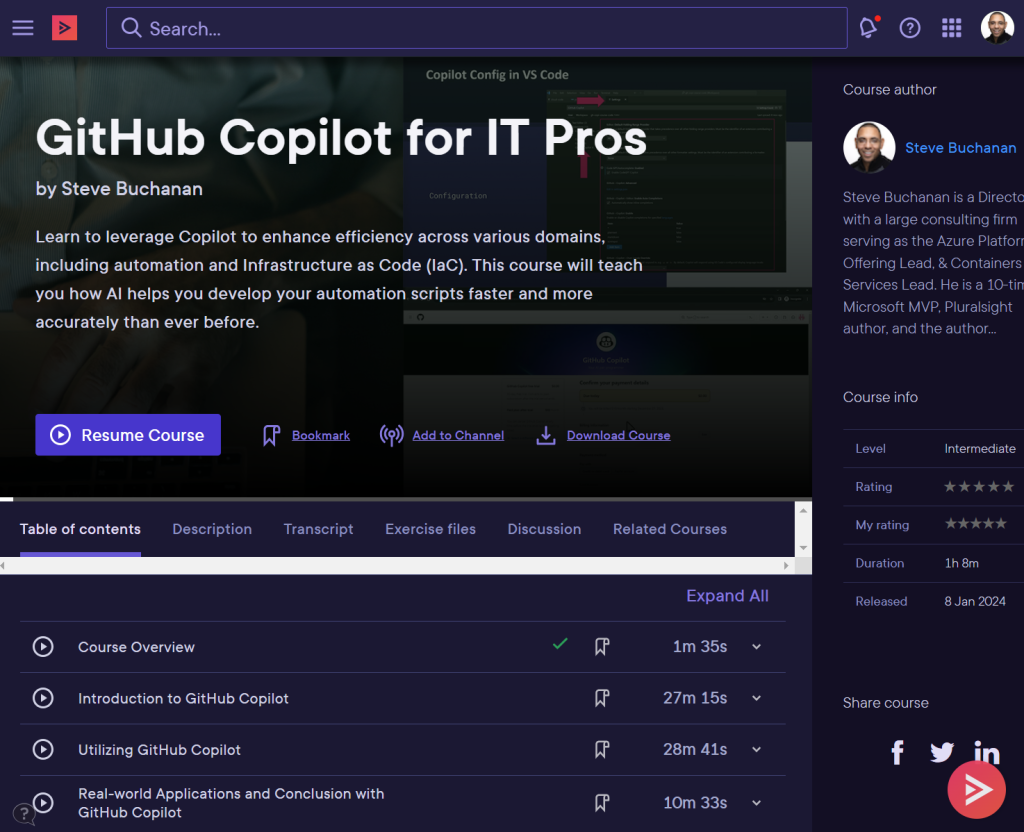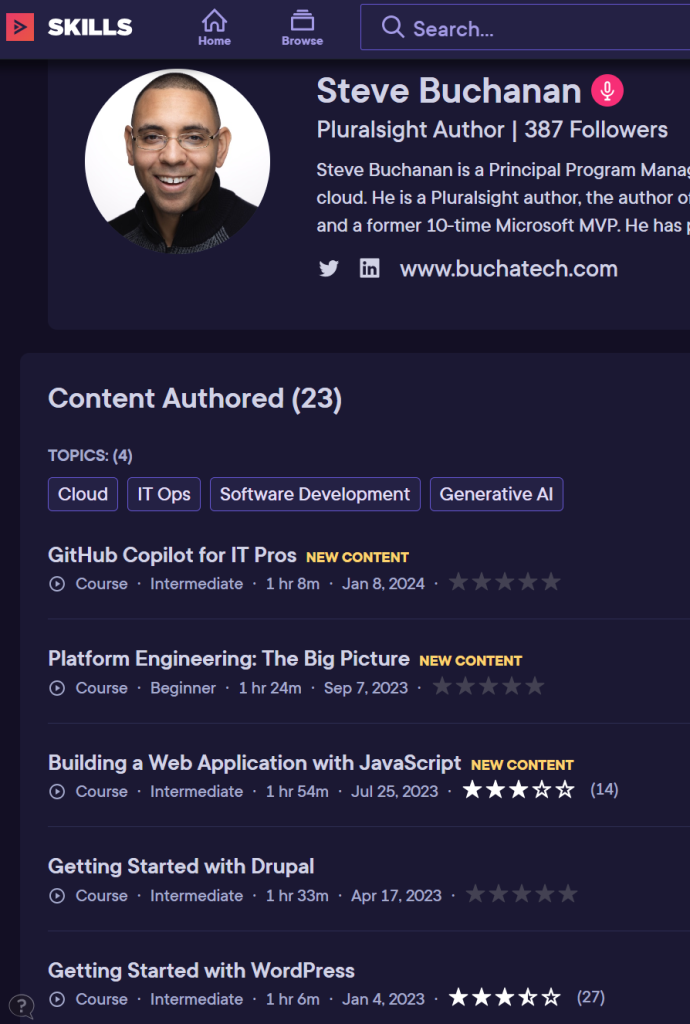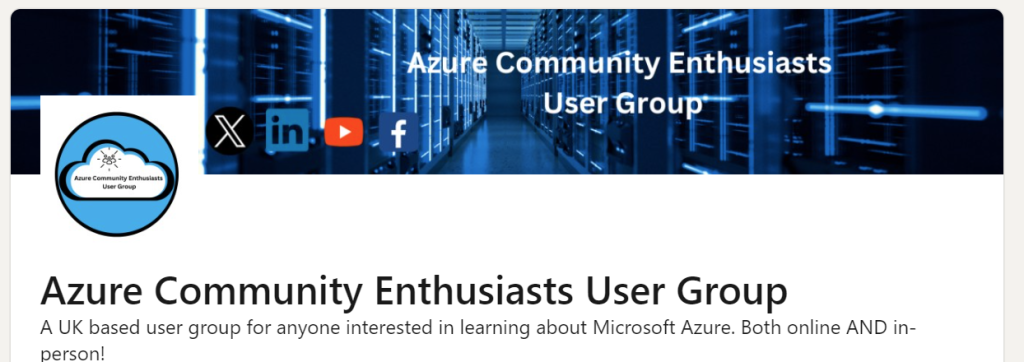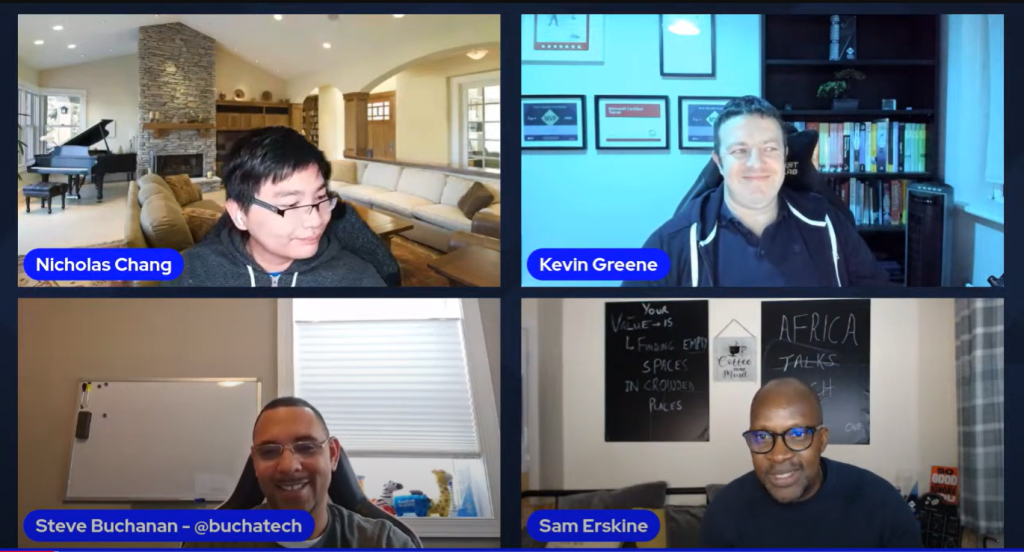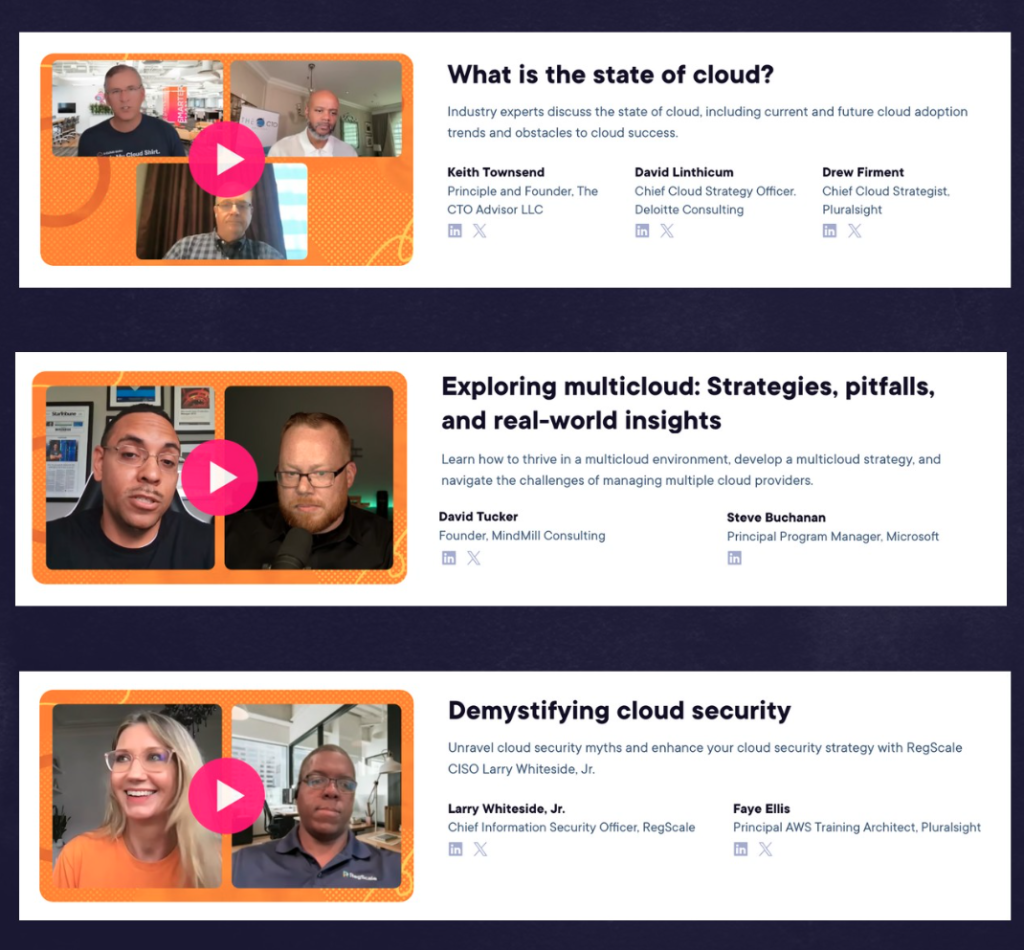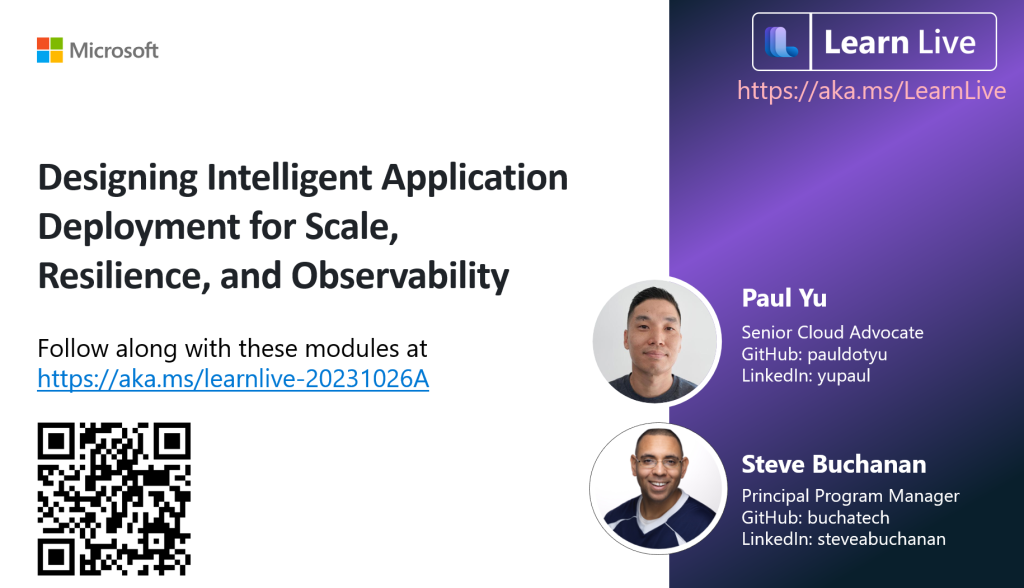📢 Six months ago, a coalition of esteemed technologists and educators united to establish the Minnesota’s Computer Science (CS) Working Group, embarking on a journey to develop a comprehensive Computer Science Education Strategic Plan for all public K-12 and charter schools across the state. 💻 Throughout this six-month journey, we convened for five full-day meetings and workshops, undertaking two rounds of meticulous writing to synthesize our collective insights into the plan. The journey in posts:
#1 Working group started! – https://www.linkedin.com/feed/update/urn:li:activity:7119683894882291713
#2 Plan draft done! – https://www.linkedin.com/posts/steveabuchanan_computer-science-working-group-update-activity-7159322360435634177-DglR
#3 Plan finished! – https://www.linkedin.com/feed/update/urn:li:activity:7176989951132151808
Here is a summary of the effort:
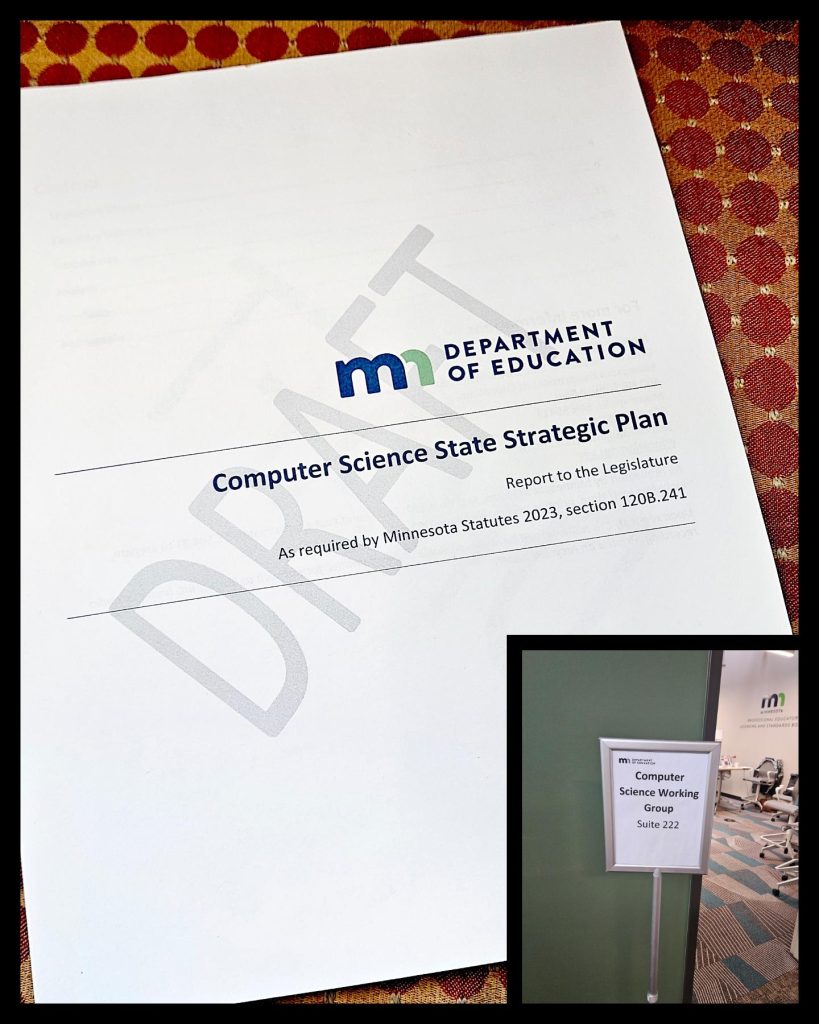
📝 “Minnesota’s Computer Science (CS) Working Group developed a state strategic plan for computer science, finalized in March, 2024, which describes ten recommendations for long-term and sustained growth of computer science education across all public K-12 and charter schools in Minnesota, as outlined in the Computer Science Education Advancement Act Minn. Stat. 120B.241 [2023]. The recommendations are aligned to the requirements outlined in the legislation, such as licensure, high-quality professional development, continuous improvement, and standards, among others.”
Kudos to all of the amazing indivuduals in the working group:
- Andrea Wilson Vazquez, Minnesota Department of Education
- Wendy Robinson, Office of Higher Education
- Katherine Anthony-Wigle, Professional Educator Licensing and Standards Board (PELSB)
- Alexandra Holter, Computer Science Teachers Association – MN Chapter
- Steve Buchanan Microsoft, representative from the business community employing computer scientists or technologists
- Greg Larson, Minnesota Technology Association (MnTech)
- Mahmoud Aliamer, Science Museum of Minnesota, representative from a nonprofit organization working with students and teachers in computer science
- Anthony Padrnos, Minnesota Association of School Administrators (MASA)
- Tabitha Senty, Education Minnesota
- Cassie Scharber, Minnesota Association of Colleges of Teacher Education (MACTE)
- Jennifer Rosato, CSforAll MN
- • Sheri Levasseur, Pequot Lakes Public Schools, licensed library media specialist
- • Erica Allenburg, Minnesota School Boards Association (MSBA)
- • Vic Dreier, SciMathMN
- • Zhaawin Gonzalez, Tribal Nations Education Committee (TNEC)
- • Jesse Kodet, Tribal Nations Education Committee (TNEC)
- • High School Student, Under 1,000 student school
- • High School Student, Over 1,000 student school
- • Andy Olson, Hermantown Community Schools, K–5 teacher
- • Kirsten Tetzlaff, Minnetonka Public School District, 6–8 teacher
- • Indrayani LeMaire, Hmong College Prep Academy, 9–12 teacher
- • Tika Kude, Wayzata Public School District, 9–12 CTE teacher
🙌🏼 It was an honor to contribute to this effort, one that will profoundly impact the youth of Minnesota for years to come. 🎉🎉 Yesterday, we partnered with the Minnesota Tech Association and the Raspberry Pi Foundation to commemorate the successful completion of this plan. Hosted at REM5 Labs in St. Louis Park, the event had great support, with a notable turnout of engaged individuals. Even had the chance to speak on a panel with Philip Colligan the CEO of the Raspberry Pi Foundation! 🌟
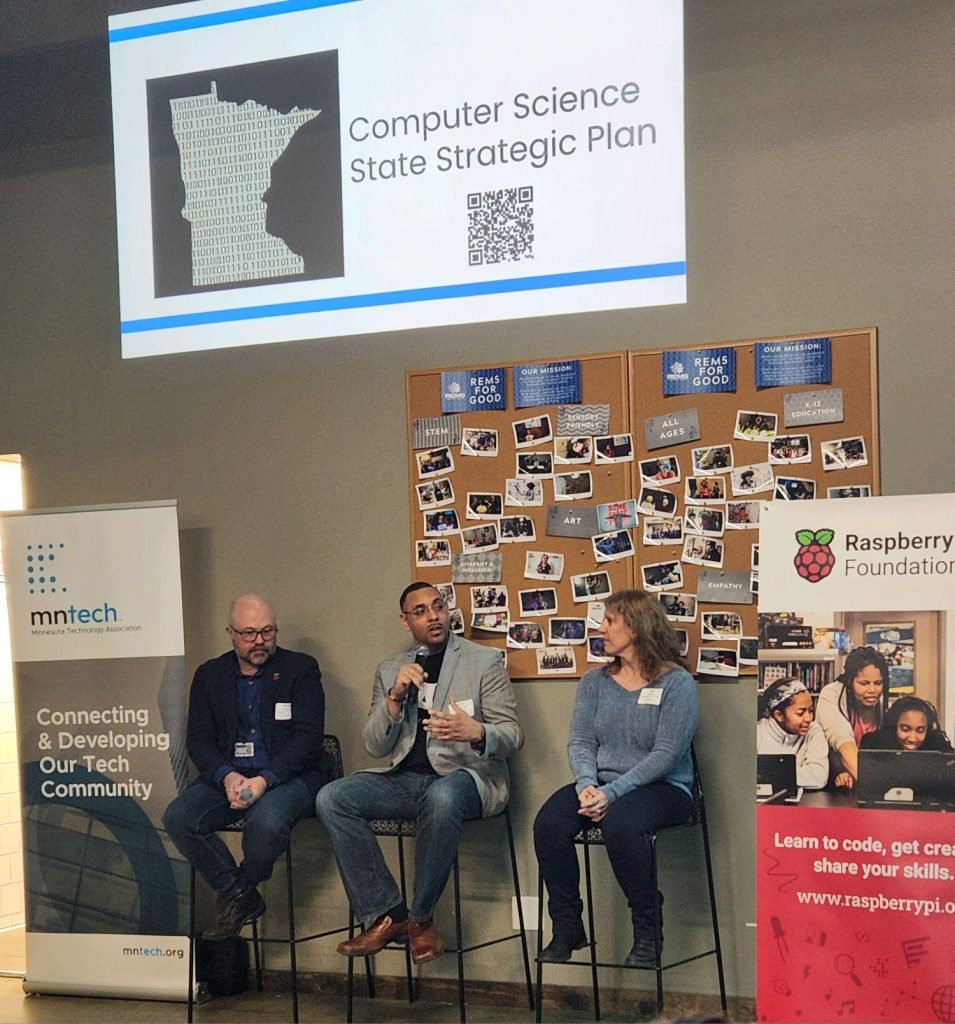
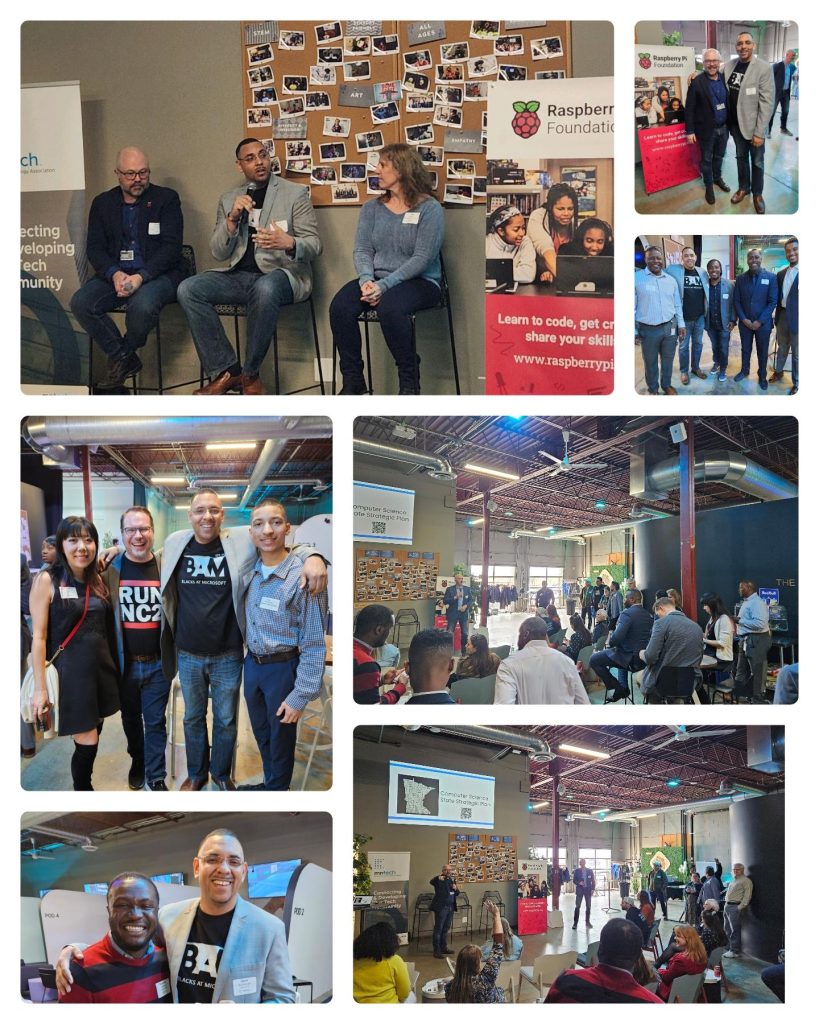
📰 The next milestone involves publishing the plan to the Minnesota Department of Education’s (MDE) Legislative Reports page, followed by its journey through the legislative process, with the ultimate aim of committing it into law.
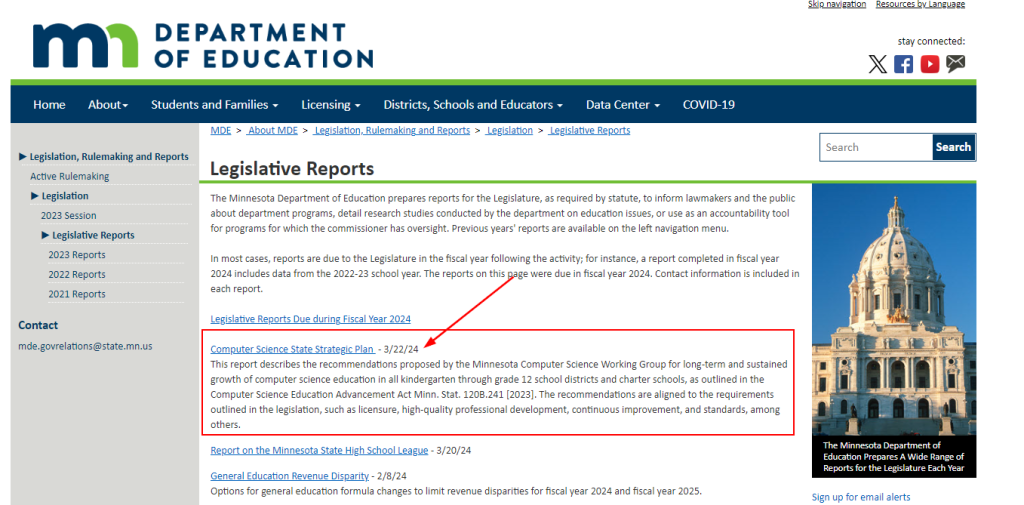
You can download a PDF of the plan here:
Computer Science State Strategic Plan
🏛️This achievement marks just the beginning of the journey. Sustained dedication and the involvement of more volunteers will be essential to realizing the goals outlined in this plan. 💻
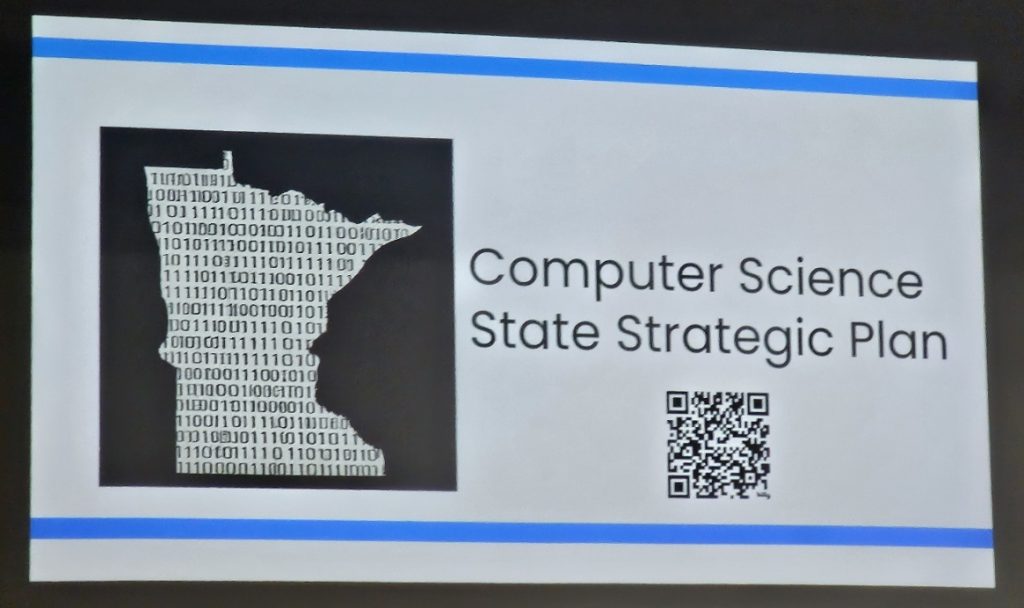
Stay tuned for further updates on the progression of our efforts. There’s much more to come around this initiative.
MDE Computer Science page:
https://education.mn.gov/MDE/dse/stds/ComputerScience/index.htm
